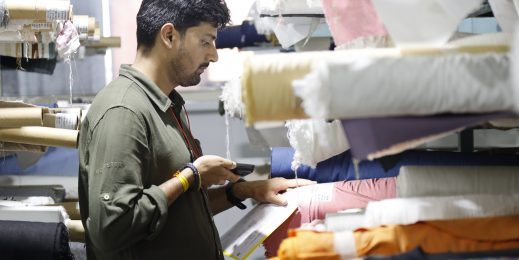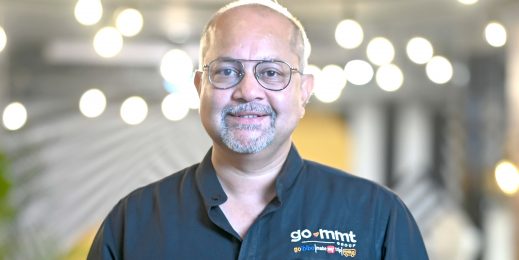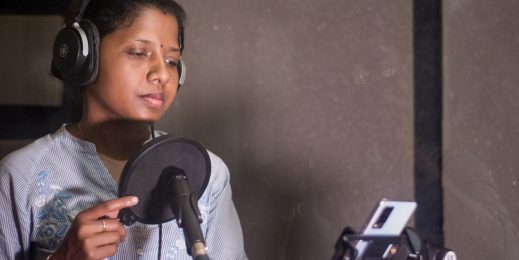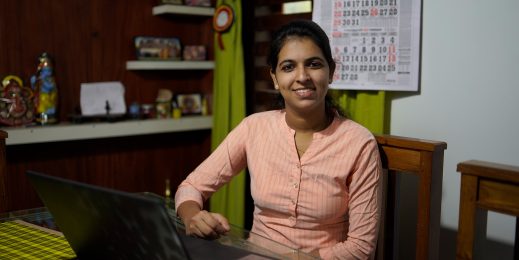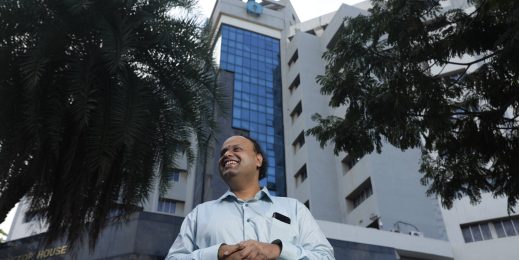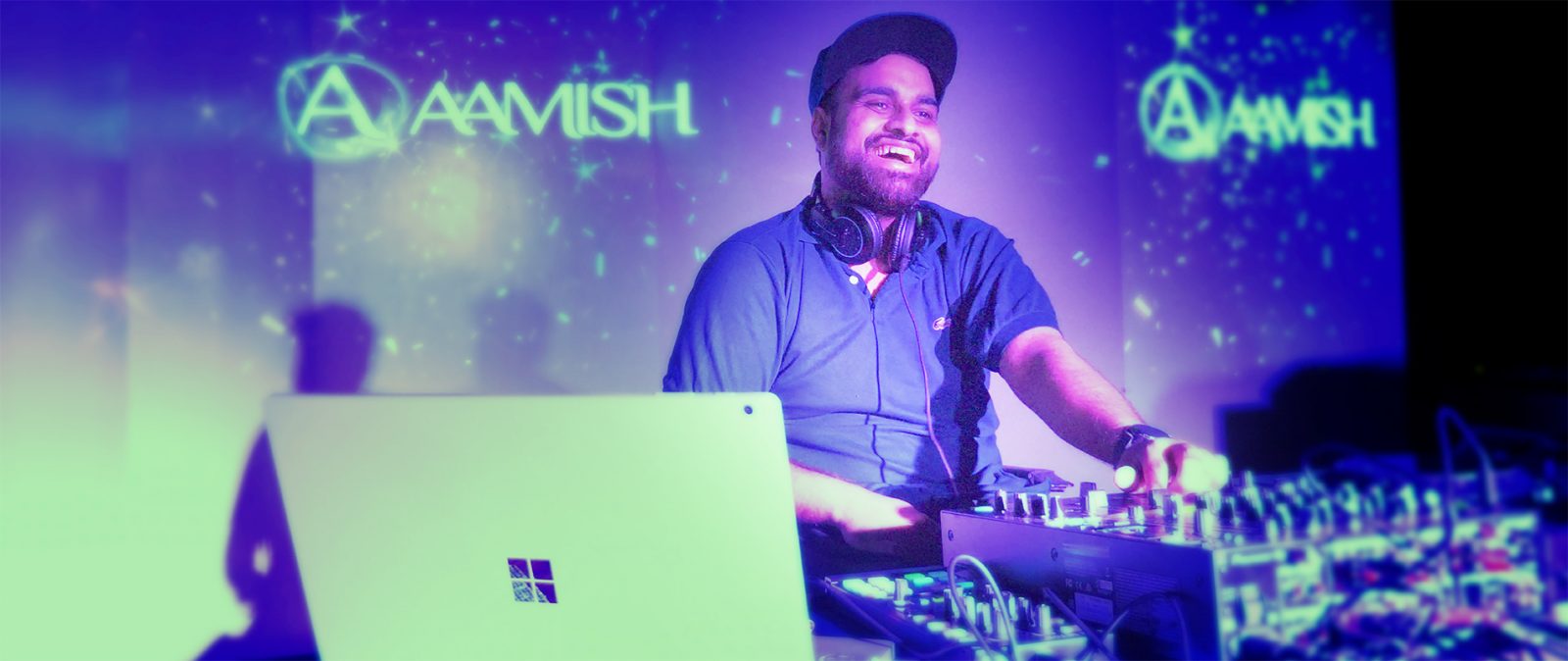
Meet DJ Aamish: Beating the odds from behind the console
The ambience is electrifying as the crowd grooves to a rhythmic mix of classics such as Pink Floyd, Jimi Hendrix and Joe Cocker. The deejay owns the night – he “knows” what the crowd wants. Even though he has been playing since a couple of hours, the crowd on the dance floor doesn’t want him to stop. Clearly, he is the man of the moment.
Meet Varun Khullar aka DJ Aamish—the resident deejay at Kitty Su, a popular nightclub at The Lalit, a five-star hotel in New Delhi. Last year, he performed at the opening gig of Time Out 72 – a multi-genre music festival in Goa along with international artists such as Wiz Khalifa and Martin Garrix. Khullar has also performed at other popular music festivals such as Greeshm Utsav and Social Spaces.
Khullar’s success is testimonial to his of extraordinary grit and iron resolve–he’s India’s first DJ in a wheelchair. This is his story.
Shattered dreams
It wasn’t just the windshield of the car that had shattered. After being involved in a car accident in June 2014, he suffered a spinal cord injury and was paralyzed from the waist down. The doctors had pronounced their verdict–he would never be able to walk again.
Getting over the incident and moving on in life proved to be a great struggle. For days, Khullar relived the accident, the blasting jolt to his limbs, the roar of the crushing metal and often woke up with his heart racing! For the next two years, Khullar was a prisoner in his own home. Suddenly his capabilities were defined by the limitations of his physical abilities.
“I didn’t only lose my mobility, I lost my very zest for life. Friends and relatives would only sympathize and look at me with despondent eyes as though my life had come to an end,” he reminisces.
Regular physiotherapy sessions helped Khullar in regaining restricted mobility. In a few months, he could sit up on his own and move around the house on a wheelchair. He knew he had to get his life back on track, if only for his mother, who was still reeling from the shock of having lost her husband a year-and-a-half ago.
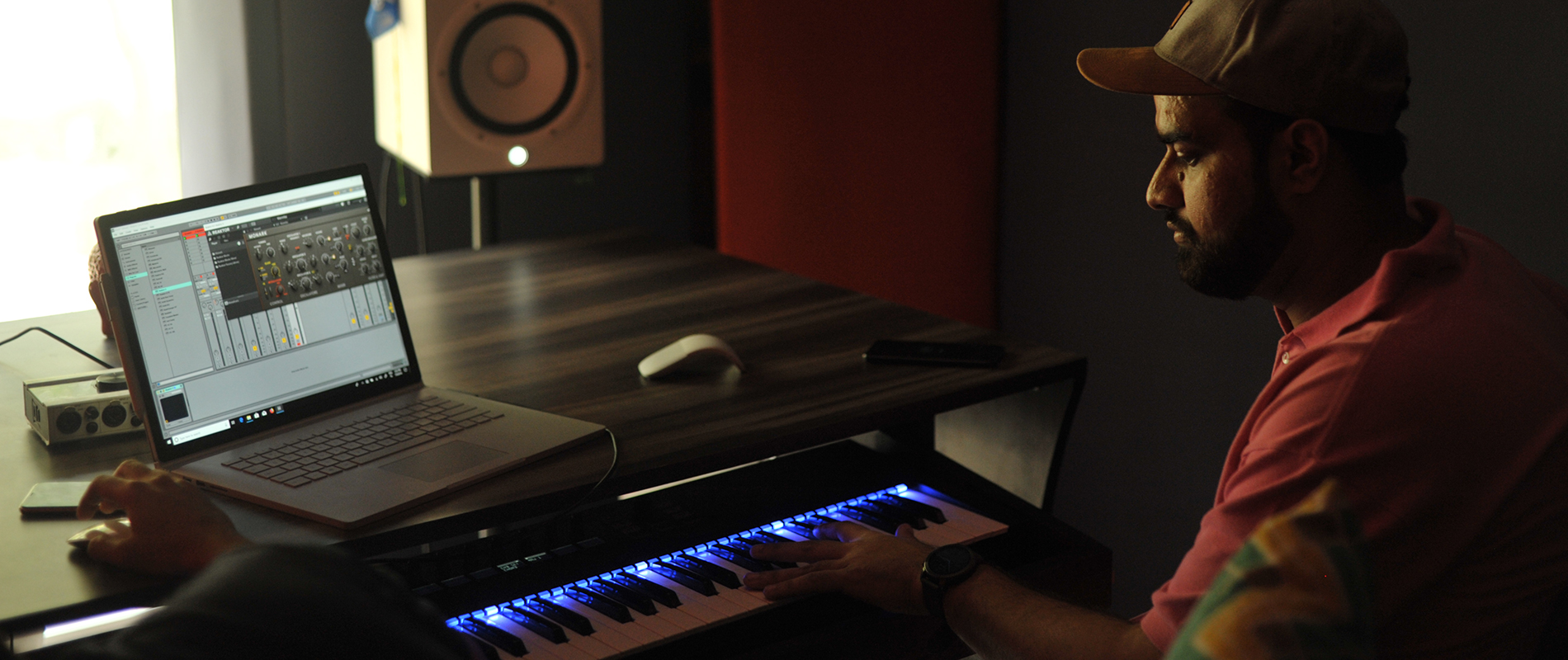
Before the accident, Khullar’s inclination towards music was nurtured by his father. Now with limited mobility, music became a blessing. He was motivated by Sir Paul Johnson, who was then the world’s only deejay on a wheelchair. Inspired by his life, Khullar learnt to play the piano while he was confined to his bed. With time, he recovered to the extent of being able to drive his modified car around the city by himself and started scouting for options in deejay training and a platform to perform.
But it was never going to be easy. He woke up to the rude reality of discrimination when he was singled out for the use of a wheelchair at the time of seeking admission in a deejaying school in Delhi. The rejection at the deejaying school, unfortunately, was the first of many to come.
One incident is still etched to his mind. “I couldn’t make it to the third floor of an office for an interview as the building wasn’t wheelchair friendly. The interviewer refused to even meet me. According to him if I couldn’t even make it to a meeting, how could I become a deejay at his club?” Khullar recalls.
Rejections only strengthened his resolve. “No one wants their identity or their potential to be perceived in the context of their disability. I speak on behalf of everyone who has a disability, everywhere in the world. We yearn for inclusion,” he adds.
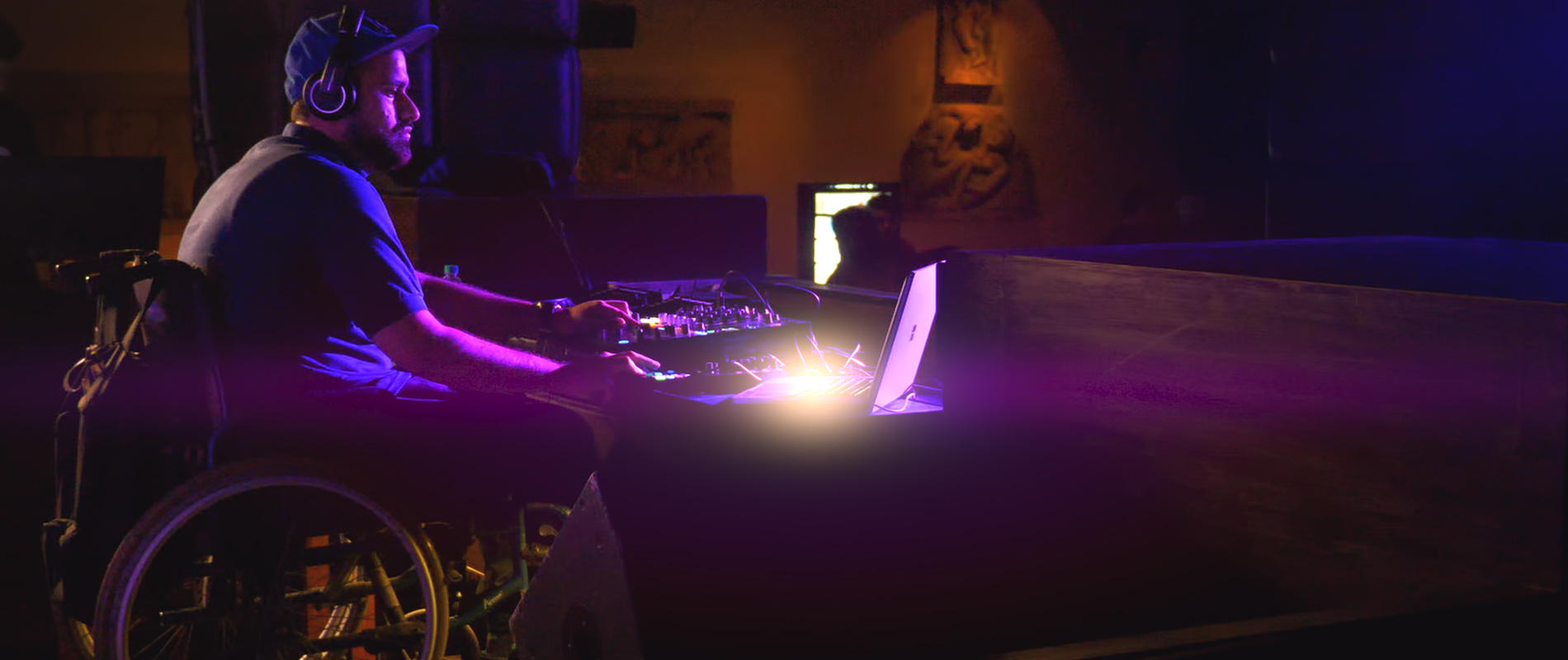
Let the good times roll
In 2017, Khullar managed to get a shot to perform at Kitty Su, the upscale nightclub in New Delhi, where he was spotted by Keshav Suri, Executive Director of The Lalit Suri Hospitality Group. He was soon offered the gig to be the resident deejay at the nightclub. Over the last year, Khullar has performed at several Kitty Su locations across the country including Chandigarh, Mumbai, and Bengaluru.
In his avatar as a deejay, Khullar has a constant companion in his Microsoft Surface Book 2. Being a professional grade laptop, the Surface Book 2 is his studio on which he creates his music. He’s especially fond of the Surface Pen that allows him to annotate music notes on the screen, which makes his job much easier. The Surface Book 2’s ability to work in laptop, tablet, studio and view modes is something that he finds helpful from an accessibility standpoint.
“I’m especially comfortable using the Surface Book 2 because of its versatility without compromising on performance. After sitting on the wheelchair for hours at a stretch, it is relief to lie down on the bed and continue working. The Surface Book 2 affords me this luxury with its detachable display,” he says.
Instead of taking the doctor’s initial assessment as a verdict for how he’d live the rest of his life, Khullar embraced what technology had to offer to give wings to his dream. And he has a message for fellow artists.
“We should leverage advances in technology to our advantage. I’ve seen talented artists with disabilities give up because of their inability to cope with the discrimination – but for how long? Technological innovations are redefining the accessibility landscape and making opportunities accessible to everyone,” he says.






